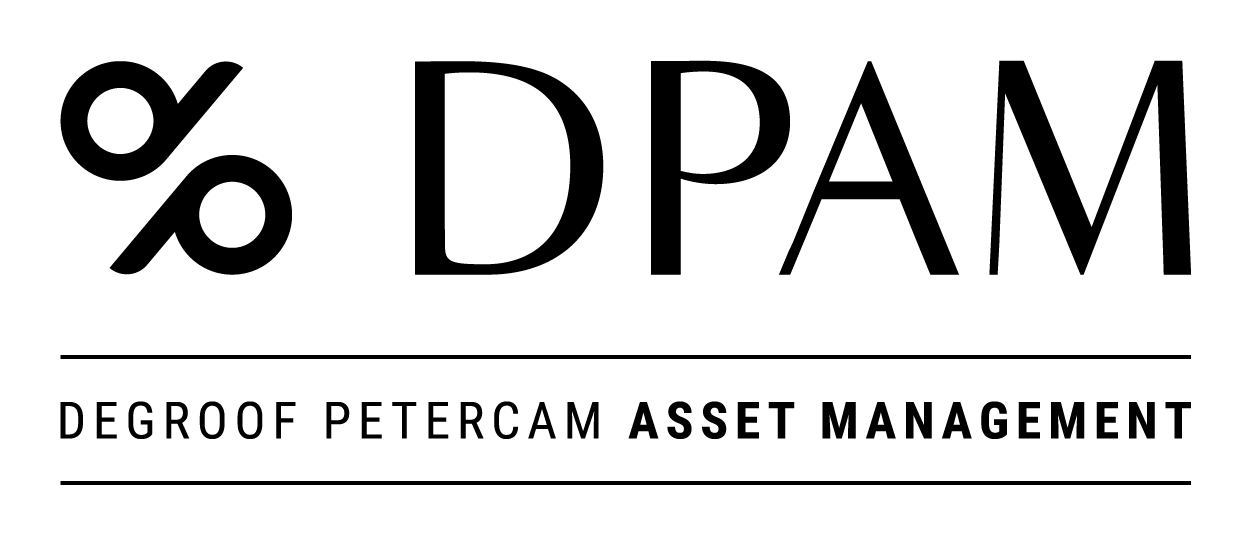Contrary to 2008, this time around, the catalysts (i.e. COVID-19 and since last week, plunging oil prices) for the violent stock market declines were exogenous to the financial system with increasing cash flow strains creating a credit crunch. Back in 2008/09, it was the counterparty risk in financial markets after Lehman’s failure that was the main issue. Nowadays, a (potential) wave of defaults in a number of areas (e.g. shale oil or travel) could contaminate healthy firms and the financial system.
A worldwide recession is now inevitable (Saudia Arabia’s U-turn on its oil policy was “the straw that broke the camel’s back”), as we have rarely seen such a disruption to economic growth on a global level and analysts or economists are lowering their estimates at a breakneck pace. Earnings per share (EPS) downward revisions obviously matter for individual stock performance and we see wide performance dispersion within sectors, with some companies heavily impacted by the lockdown (e.g. “food away from home”) and others that are less impacted or are even benefiting (e.g. “food at home”). But ultimately, it is not absolute EPS revisions that will dictate overall market direction in the future.
In order to see an end to the market’s rout, we need even more forceful and coordinated monetary and fiscal interventions, beyond the numerous “life support” measures already taken, and the daily infection rate in first-hit EU countries must also diminish. If Italy’s lockdown works and the overall number of new COVID-19 patients no longer increases at the same pace (“second derivative”), then one can assume that this “template” will also work in other countries. This could happen in the relatively short term. As to interventions, direct purchasing of corporate debt (or even direct lending to corporations) is required. This is currently not within the scope of the Fed’s mandate but that scope could be broadened. Also, more fiscal measures are needed from the likes of Germany or the G7 and public communication gaffes must also be avoided. Back in 2008/09, central banks and even governments were forced to innovate in terms of monetary and fiscal tools as the crisis was systemic in nature. Today, policy makers are better prepared as most of these tools have been tested, although more unconventional backstop measures are needed. At the same time, governments need to run larger fiscal deficits, an option that is more affordable/acceptable in light of current interest rates and since this time banks are not the root cause of the crisis.
Hence we believe it is too late to sell equities and this even though we have been very attentive to the liquidity and leverage of our positions, while avoiding to increase positions in companies/sectors that are in the eye of the storm. Those include travel, foodservice-related companies or oil & gas companies. On travel for instance, the impact of the lockdown, even when it is lifted at some point, could last longer than currently assumed. Besides that, we have not adapted our portfolios significantly, as learning from the GFC, when market participants start to “look through the valley”, violent up-moves in a number of sectors could cause substantial underperformance. The advice is to stay invested and have an investment horizon of longer than six months.


